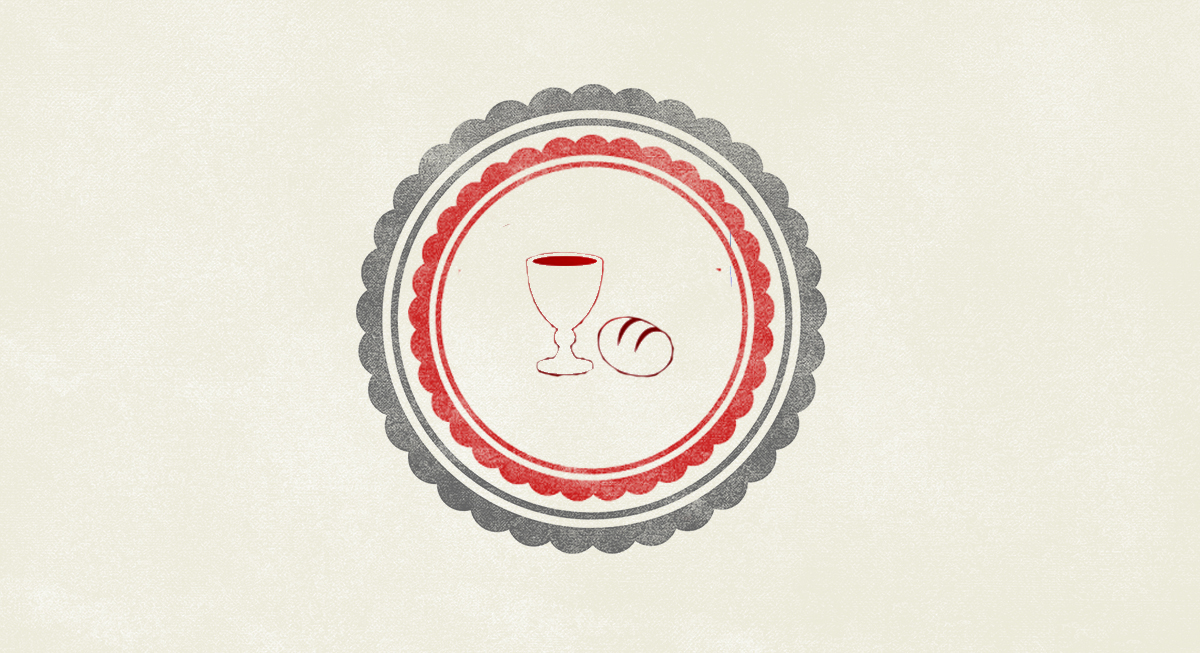
The Visible Word
I was visiting a church once and heard an exchange between a pastor and one of his congregants that has stayed with me ever since. A woman asked the pastor before the service, "Is the video this morning going to make me laugh or cry? It always does one or the other." The pastor was quick to respond that he thought this one would make her cry. Apparently, immediately following the sermon in their worship services, this church showed a video every week. It set the tone for the closing song and the end of the service. It wasn't shown for mere entertainment, but was used to press home the truth the pastor had just preached from the Scriptures. Now, I want to be clear. This man was and is a brother in Christ and this particular church loved the Lord. It was my honor to worship with them. They were seeking to serve God, were obviously delighting in Him, and were desiring to give Him praise. Furthermore, I have no doubt that the pastor's heart was in the right place as he sought to show a video each week to his congregation. I am not doubting his love for God or his people, though I do doubt the wisdom of his approach.
Over the years, different people have given me their rationale for using weekly videos in corporate worship. Usually, the argument is that it appeals to people and can help them understand the teaching of the passage in a way other than simply listening. I have little doubt that this is true. We can all agree that we are corporeal beings and naturally gravitate towards what we can see. Videos are appealing and can readily set before our eyes the truth that we may have just heard from the Scriptures. In fact, it may even lend itself well to this. But it is also a vehicle for emotionalism, moralism, sentimentalism, and sheer irreverence. However, more importantly, God has given His church something else to fulfill this longing: the sacraments. Could it be that videos in our corporate worship services have increased because we have created a church culture that has undervalued the sacraments? Calvin once ably said:
But as our faith is slight and feeble unless it be propped on all sides and sustained by every means, it trembles, wavers, totters, and at last gives way. Here our merciful Lord, according to his infinite kindness, so tempers himself to our capacity that, since we are creatures who always creep on the ground, cleave to the flesh, and, do not think about or even conceive of anything spiritual, he condescends to lead us to himself even by these earthly elements, and to set before us in the flesh a mirror of spiritual blessings." (Institutes, Book IV, Chapter 14, 3)
The sacraments, baptism and the Lord's Supper, were given by God to fulfill this human desire for something physical. As Calvin said, our God is merciful. And in that mercy, he condescended to grant us the sacraments—these physical objects that we can touch, feel, taste, smell, and see. And in them the promises of the Word of God are represented, signified, and sealed to our persons. The sacraments are, as Augustine explained, "the visible word." What we hear preached is set before us. When we receive the bread and the cup at the Lord's Table, we have signified and sealed to us the truth of the gospel (Romans 4:11). The death of Christ is represented before our eyes. However, it isn't just pictured before us, but sealed to us. As we take the bread and drink from the cup, we know that as real as that bread is, so was the sacrifice of Christ's body on the tree for us. As we drink the cup, we know that even as we smell this wine and it flows over our lips, touches our teeth, tingles our taste buds, slides down our throats, so as real is the blood of Christ shed for us. As it courses through our bodies and gives us nourishment and life, the truth that Christ's grace not only saved us, but sustains us is sealed to all who partake in faith. We have before us a visible sign that we are truly in vital union with Christ.
As good as videos are, they can never do this in the same way. They may create an emotion, rouse a thought, engender a tear, but they will never seal to us the truth of the gospel. God has appointed His sacraments for this very purpose. They have been ordained by God to picture the Word before our eyes. When the waters of baptism flow or the wine is poured from the cup, it is not man's creativity that is stirring us, it is not mere emotionalism that is to rise within us, and it is not moralism that is held out to us, but the grace of God in the person of Christ.
Maybe we need less videos and more teaching on and partaking of the sacraments. They are too often neglected and under appreciated in our churches. And when this is the case, Christian men and women will find something else to take their place. As Calvin so helpfully observed, our faith is "slight and feeble." It needs to be propped up on every side. If we neglect the means that God has given for this very thing, we will be tempted to find other means, and they will always be far less satisfying.




















 © Alliance of Confessing Evangelicals
© Alliance of Confessing Evangelicals


